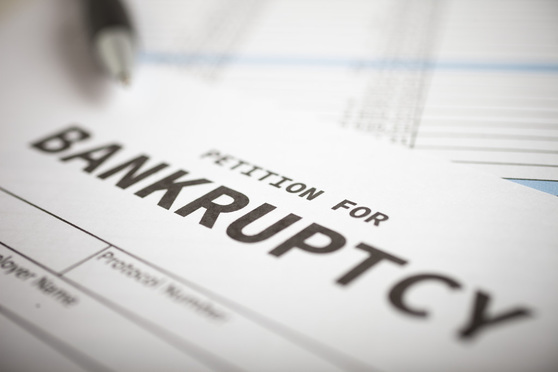The onset of the COVID-19 pandemic led to a significant uptick in bankruptcy filings, especially by debtors in the hard-hit retail and service sectors. The associated shut down orders issued by state and local agencies led to further retrenchments caused by the inability of consumers to patronize businesses in person, with ripple effects through the supply chain. The economic impact, and the governmental directives, raise questions of how bankruptcy courts will respond: Do governmental orders and/or the financial consequences of the pandemic support (1) the suspension of contractual obligations under force majeure provisions in contracts between debtors and creditors, and (2) bankruptcy court orders suspending cases or proceedings, to provide debtors an opportunity to stabilize their affairs?
Force Majeure in Bankruptcy Cases
Force majeure is a rule of contract law not codified in bankruptcy law. Like other courts, federal bankruptcy courts regularly consider the meaning of contractual provisions, including force majeure. Although bankruptcy courts administer cases and proceedings under the federal Bankruptcy Code, the legal rights of debtors and creditors in property (including contracts) are, with some exceptions, determined by applicable non-bankruptcy law. Butner v. U.S, 440 U.S. 48 (1979).


 Photo Credit: Bigstock
Photo Credit: Bigstock




